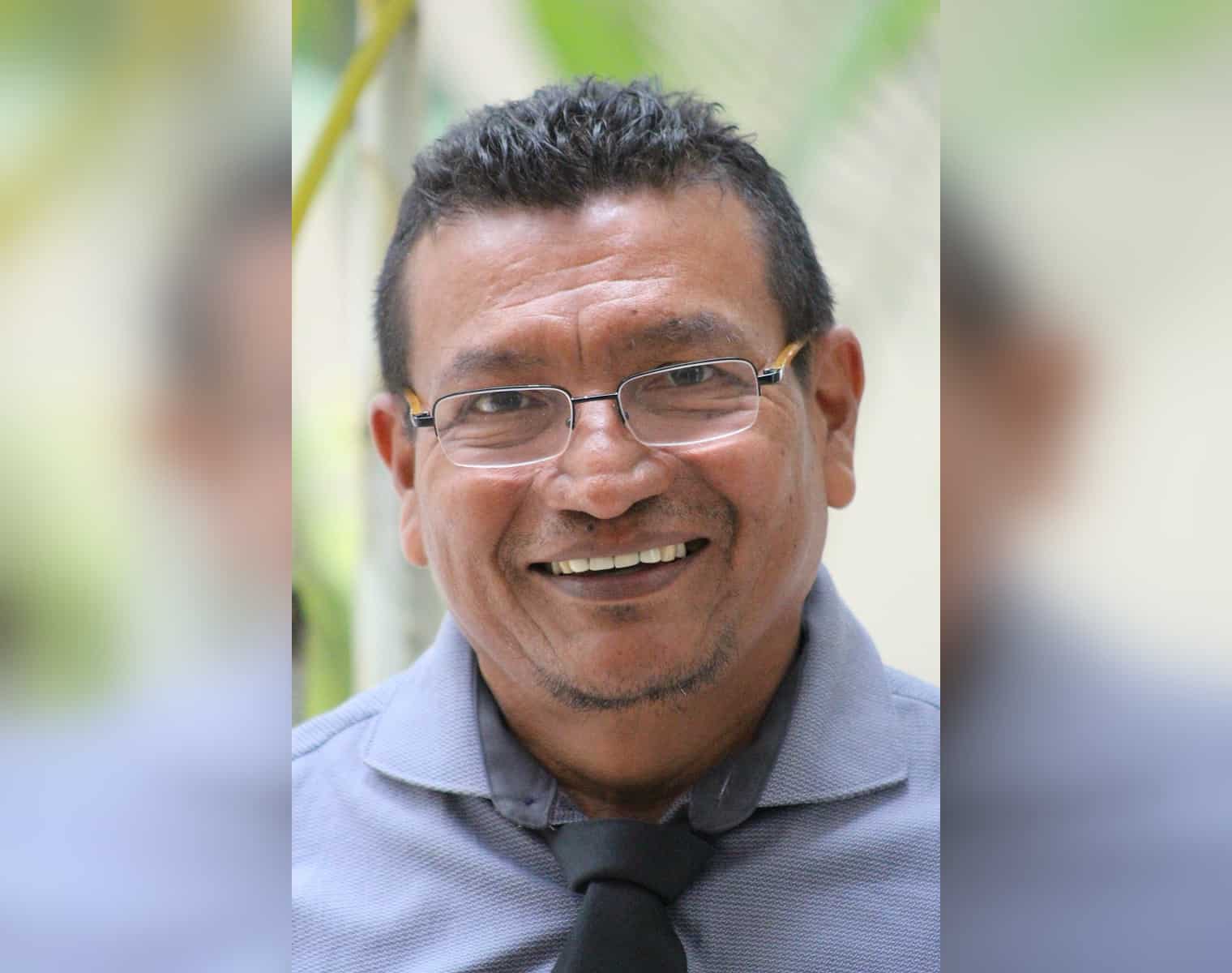The Costa Rican government named Guillermo Rodriguez Romero, an indigenous Bribri attorney from the village of Suretka in Talamanca, as the ambassador to Bolivia. Rodriguez is Costa Rica’s first indigenous ambassador in history.
Costa Rica more than 100,000 indigenous citizens divided into eight language groups. Most, including the Bribri people, are related to the Chibcha civilization from Colombia and northern South America. Only the Chorotega people in the northern province of Guanacaste are related to the Nahual-speaking indigenous groups of Central America.
The new ambassador speaks Spanish and Bribri and has studied agrarian and environmental law. For more than 40 years, Romero has worked for the autonomy, defense of the land and development of the indigenous peoples.
Rodríguez has promoted regulating tourism in indigenous land, forest regulation initiatives and matters of co-administration of protected areas next to indigenous territories. He also promoted the creation of a department of indigenous education in the Ministry of Public Education.
A father of three girls and two boys, Rodriguez, 60, was also an adviser of indigenous education, president of the Bribri Territory Development Association, president and founder of the COODEBRIWAK Association to defend indigenous rights and a municipality representative for Talamanca county.
Rodríguez answered a series of questions provided to him by The Tico Times.
This interview has been edited for brevity and clarity.
Describe the work you have done for the indigenous community in Costa Rica.
I’ve been working a lot in what has to do with the true organization of the struggle of indigenous peoples at a national level.
I work in concrete written proposals that have to do, for example, with education, negotiations and health services. I work for protected areas so that true management can improve their living conditions.
I have also been working on what has to do with education. I have come together with indigenous partners working in all that has to do with curricular and pedagogical proposal effects that Costa Rican education incorporates. This includes the basic national curriculum and quality that indigenous peoples require so that they do not lose their cultural identity.
This includes teaching in indigenous languages?
Exactly. How its content is incorporated into the national curriculum grid so that the Costa Ricans know better the indigenous cultures and we are able to go eliminating in some way those barriers of exclusion and discrimination that we have historically suffered.
How did the idea of sending an indigenous ambassador to Bolivia come about?
Well, that idea came from the presidency and [Vice President and Minister of Foreign Affairs Epsy Campbell] in the framework of the inclusion policy that the government has undertaken.
And with this opportunity, I was designated something that makes me very happy because it is affirmative action in favor of the rights of the indigenous peoples. But it is also very important in the country because it begins to mark a new policy in the country of inclusion of the indigenous peoples.
What is the significance of sending an indigenous person to Bolivia to represent Costa Rica given that Bolivia has an indigenous president?
It is a great honor to have to have the opportunity to be in a country where, in the same way, its president is indigenous. It seems to me that in Bolivia, there are a lot of opportunities and important things that we can exchange. And in that sense ,it seems to me that it is an honor to be in a country where your president is an indigenous person.
How are relations between Costa Rica and Bolivia?
Relations between Costa Rica and Bolivia are cordial right now and then cordial relations are harmonious relations and the idea is to strengthen them.
Thanks for reading The Tico Times. We strive to keep you up to date about everything that’s been happening in Costa Rica. We work hard to keep our reporting independent and groundbreaking, but we need your help. The Tico Times is partly funded by you and every little bit helps. If all our readers chipped in a buck a month we’d be set for years.






